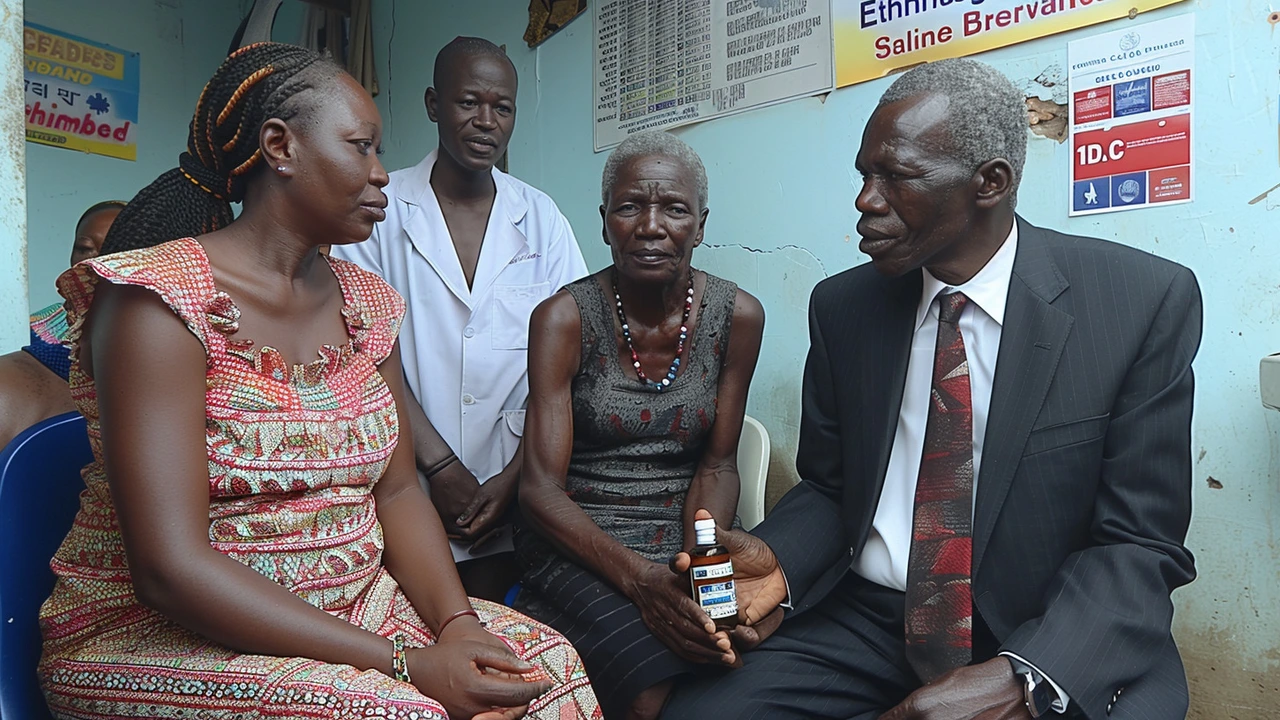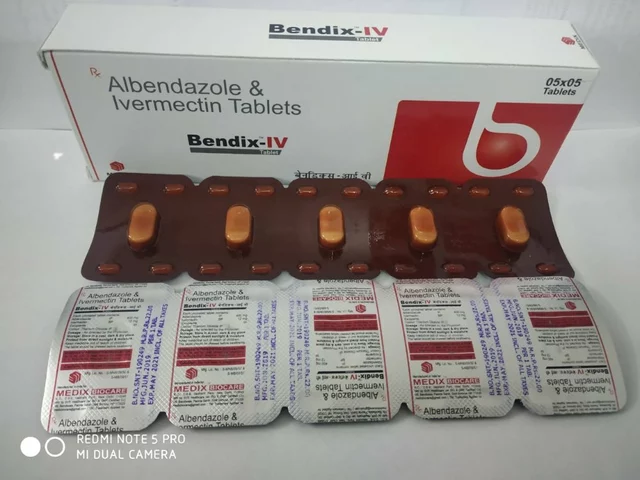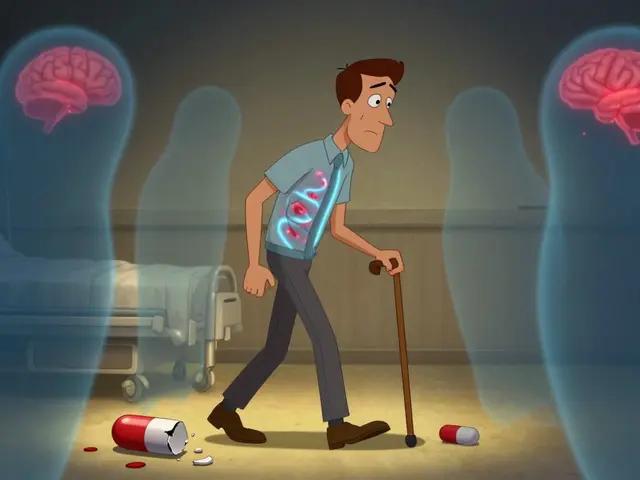Tuberculosis: Practical Guide to Symptoms, Testing, and Treatment
Tuberculosis (TB) is a bacterial disease that most often affects the lungs but can involve other parts of the body. It spreads when a person with active lung TB coughs, sneezes, or talks and someone nearby breathes in the bacteria. Not everyone exposed to TB becomes sick; some develop latent TB infection that has no symptoms but can turn active later. Common signs of active pulmonary TB include a persistent cough lasting more than two weeks, chest pain, coughing up blood, night sweats, unexplained weight loss, and fever. If you notice these symptoms or you were exposed to someone with TB, see a healthcare provider for testing.
Testing usually starts with a skin test (tuberculin skin test) or a blood test called an IGRA to check for immune response to TB bacteria. A chest X-ray helps spot active lung disease, and sputum tests including smear microscopy, culture, or molecular tests like GeneXpert confirm the diagnosis and check for drug resistance. Early testing matters because it speeds up treatment and reduces the chance you spread TB to others.
Treatment for active TB involves a combination of antibiotics taken for at least six months. The standard first-line drugs are isoniazid, rifampicin, ethambutol, and pyrazinamide during the intensive phase, followed by a continuation phase with fewer drugs. Taking every dose on schedule is crucial: incomplete treatment raises the risk of treatment failure and drug-resistant TB, which is harder and more expensive to treat. If someone has drug-resistant TB, the regimen may be longer and include second-line medicines managed by specialists.
Prevention steps you can take include getting the BCG vaccine if recommended in your area, making sure living spaces are well ventilated, avoiding close contact with people known to have active TB, and using masks in high-risk settings. Healthcare workers and people with weakened immune systems should have regular screening. If you are prescribed preventive therapy for latent TB, follow that plan to lower your chance of developing active disease.
When dealing with TB, practical matters matter: keep follow-up appointments, report side effects, and ask questions about drug interactions with medications you already take. Tell providers about HIV, diabetes, or other conditions that can affect TB care. Support from family or local health programs can make it easier to complete treatment.
If you want reliable information or local resources, contact your local health department or a primary care clinic. Tuberculosis can sound scary, but with timely testing, the right medicines, and consistent care it is treatable and often curable.
Ask your doctor about side effects to watch for, such as liver problems, vision changes, or severe allergic reactions, and learn which symptoms require immediate medical attention. Keep a list of all medicines and supplements you take, and avoid alcohol while on treatment if advised. If cost or access is a problem, local clinics, community health centers, and national TB programs often provide free or low-cost care and support. Staying informed and connected improves outcomes and protects people around you. Ask questions often daily.

Ethambutol's Role and NGO Impact in Tuberculosis Control
This article explores the vital role of Ethambutol in tuberculosis treatment and the significant contributions of non-governmental organizations in TB control. By understanding the medication's importance and how NGOs create awareness and access to care, we can appreciate the combined efforts needed to combat this global health issue.
Categories
- Medications (69)
- Health and Medicine (60)
- Health and Wellness (36)
- Online Pharmacy Guides (16)
- Nutrition and Supplements (8)
- Parenting and Family (3)
- Environment and Conservation (2)
- healthcare (2)
- prescription savings (1)
Popular Articles



